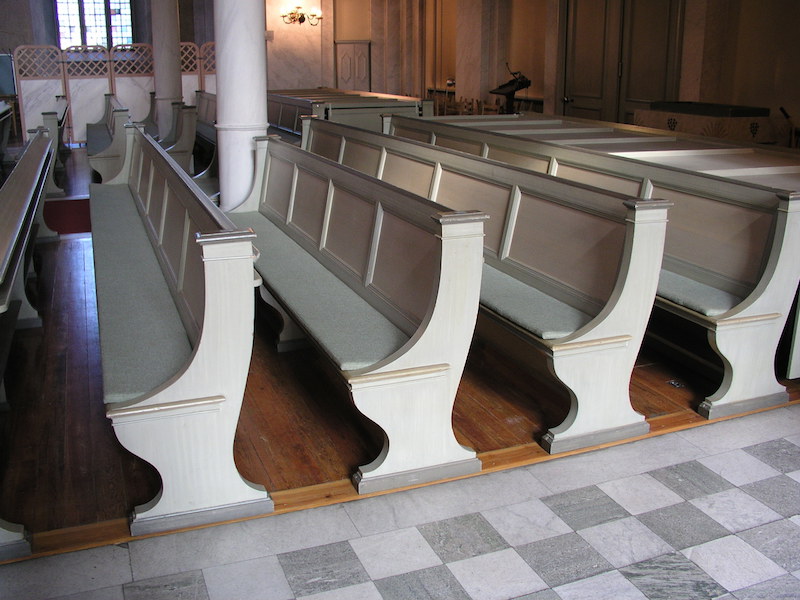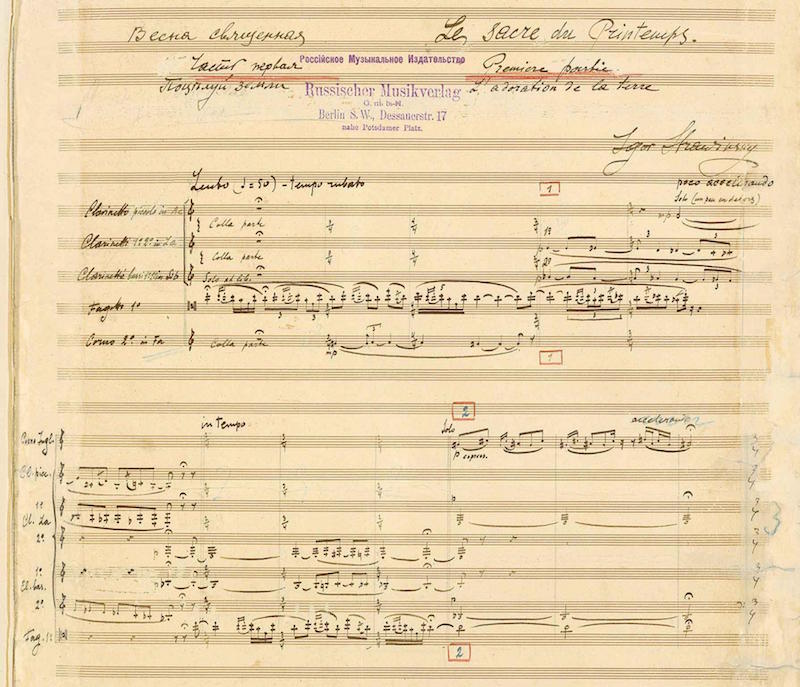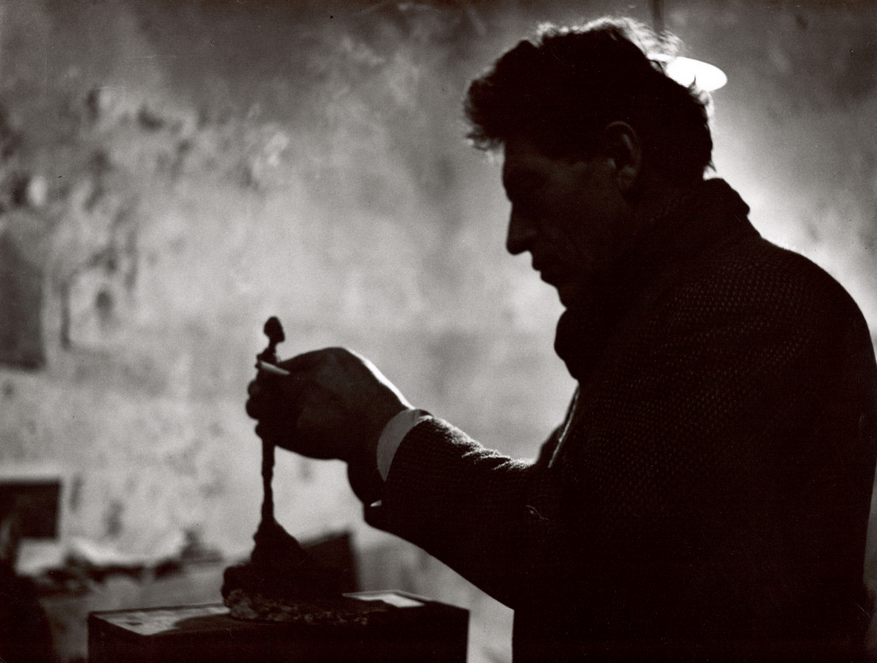 When I lived in South Bend, Indiana, I had a friend who, for one night, tried to teach me how to sew. As with all my DIY pursuits, the fabric I bought for a giant pillow I convinced Meg she could teach me how to stitch together got mutilated, and I don’t remember a thing she tried to teach me.
When I lived in South Bend, Indiana, I had a friend who, for one night, tried to teach me how to sew. As with all my DIY pursuits, the fabric I bought for a giant pillow I convinced Meg she could teach me how to stitch together got mutilated, and I don’t remember a thing she tried to teach me.
What I do remember about that night is a conversation Meg and I had about writing and seminary. We sat on my living room floor and spoke about what we hoped we could do in the same manner one digs her heels in the wet sand to test whether she can stand in the undertow after the rush of the waves. I also remember discussing journals, and what kind we like to write in: lined or unlined, spiral bound or loose leaf. I don’t know which Meg preferred, but I remember her saying something about being anxious about breaking rules when she begins a page. Whether it was that an unlined blank page gave her too much freedom, or that the faint blue lines of notebook paper were too strict, I don’t know. It was her comment on the rules that struck me.
I don’t attend too much to rules, or directions for that matter. This is probably why nobody can teach me how to sew. When it comes to writing, I’m not sure if it’s arrogance or ignorance in my capability to tell a story, but I don’t care if I’m writing on a napkin or a Moleskin journal. Telling the story is all that matters to me. I’ll worry about what’s right later.
And so it was that two girls in their mid-twenties sat together piercing holes in fabric and secretly admitted to one another what it is they’d really like to do someday.
About eight years later, I was in my church’s nursery, when my husband Jesse walked in and said, “Callie! Meg’s preaching!” He walked towards me, took the baby I was holding and said, “You go. I’ll take your place.”
I darted out of the nursery to hear Meg.
Meg had completed her seminary work and was the Pastor of the Washington DC CRC, a church nearby my own. When she moved, we met for coffee a couple of times, but this was the first time I’d get to hear her preach. I ran down the hallway towards the sanctuary, giggling, and remembering the no-sew night years ago.
I sat in the back of the sanctuary in front of a man I will call Jacob, who lives in his van. Just before we were to pass the peace, Jacob sneezed, and what came out splattered all over my back. I was wearing a sundress and I could feel snot running between my shoulder blades. I was supposed to turn, shake Jacob’s hand, and say, “Peace be with you.” Instead, I walked out of the sanctuary and into the bathroom to wash my back.
I was so angry as I scrubbed my back with a brown paper towel. I was grossed out, annoyed that Jacob didn’t put his hand over his mouth, disdained that he looked at me expectantly to pass him some peace, and frustrated that my friend was standing at the pulpit and now I was missing it. I walked back into the sanctuary and sat down in front of him; my back pulsating from how hard I had scrubbed it.
Meg’s sermon was on the Prodigal Son, and she told three versions of it. The first two were the stories Jesus probably should’ve told if he wanted to impress the Pharisees. They end with the son who left being punished, his father shrugging in nonchalance at his return, the other son, the one who stayed and followed the rules was celebrated and rewarded.
Meg suggested the Pharisees would’ve nodded in agreement at Jesus’ anecdote. “It’d be true-to-life,” Meg said, then waited a beat and added, “but it isn’t a very good story.”
I wrote those words on my hand, inched forward and tried to make eye contact with my old friend who whispered that she thought she might like to preach someday as she tried to show me what a whipstitch is. Gone was that girl who concerned herself with the rules of lined or unlined paper.
She went on to tell the rest of what happened, the real story where the father cries in relief at the sight of his son, where he throws the world’s greatest party at his return, where the older son sulks because he did it all right and he doesn’t get a party. It’s not fair. “Jesus Christ was many, many wonderful things,” Meg said. “But fair doesn’t rank high on the list.” No, I thought. And fair doesn’t have much wonder in it.
I was working on an MFA at the time I heard Meg preach, and the residencies reminded me of the party the father of the prodigal son threw for him. I approached these parties with a lot of trepidation. This was because getting an MFA was not only about becoming a better writer. I am unable to separate my learning from my faith, and I believe experiencing grace means wrestling with something I barely understand, and grasping and clenching on to a piece of it. Grace haunts me. It baffles me. It terrifies me. I do not write because I know something. I do not write because I believe I will figure something out. I write because I am tormented and I yearn for that agonizing grace. Writing is the only way I know to experience it. Maybe that’s why I don’t care about rules. I am a thief for stories. I will use anything I can for grace. I approached those residencies I imagine the same way the Prodigal Son approached his party; both of us understand we don’t deserve to be here.
“Tell us of the banquet where everyone gets invited!” Meg writes in her sermon. One where it doesn’t matter what rules you’ve followed, or what you’ve failed at. Tell us about the party we want so desperately want to be a part of even though there’s nothing we can bring to it that would get us in. Tell us an unfair, wonderful story, Jesus.
I stood behind Jacob and waited while Meg shook each of the congregants’ hands at the back of the sanctuary. She saw me as she was shaking Jacob’s hand, but she made sure to speak to him as though he was the only one there. When it was my turn, we hugged each other and held up the line. “You did it,” I said, and her hand pressed into my back where Jacob had left his mark previously.
The three of us, strangely linked together, would eventually leave this party, taking whatever grace we thought we had with us, and move on to do whatever it is we would do.
 “Everyone has been made for some particular work, and the desire for that work has been put in every heart.”—Rumi
“Everyone has been made for some particular work, and the desire for that work has been put in every heart.”—Rumi


















